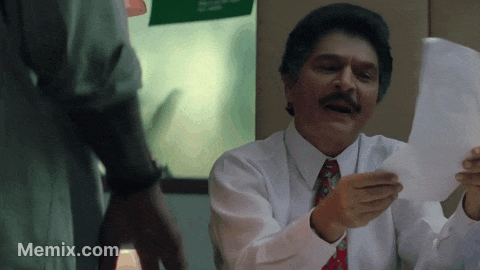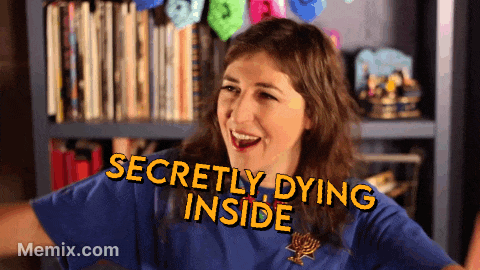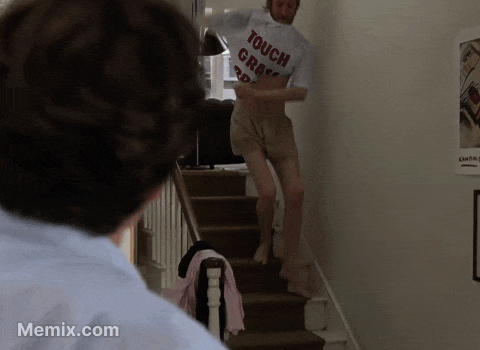Can memes improve your mental health?

Are ‘depression memes’ a force for good in the world? To what extent do memes affect your mood? Exactly how much of ‘sad meme’ culture is ironic – and how much is deadly serious?
In 1996 Jonah Peretti, an undergrad at UC Santa Cruz, wrote an article, catchily entitled Capitalism and Schizophrenia: Contemporary Visual Culture and The Acceleration of Identity Formation and Dissolution.
Peretti argued late-stage capitalism will inevitably end up scrambling 21st-century moral and social norms, until we all splinter into a million ‘micro identities’ that can only ever find satisfaction via shallow participation in consumerist culture.
Anyway, funny story – Jonah Peretti went on to found Buzzfeed. A media organisation built in no small part on the back of a new breed of ’anxiety culture’.
Real talk
The likes of Buzzfeed hoover up ad revenue from content such as ’11 Things You Might Not Realize Can Be Signs Of Anxiety’, and harvest clicks from the likes of ‘Sad-O-Meter Quiz: Take This To See How Sad You Are Right Now’. Is that okay?
Depression and anxiety are very real. The good news is, for those who are afflicted, research suggests that online mental health discourse is, on balance, a force for good.
A study conducted by Sheffield Hallam University by Dr Jennifer Drabble and Dr Umair Akram suggests mental health content – and especially memes – help those suffering to express difficult feelings in a creative, low-pressure setting. Sufferers can also meet other folks going through the same experience.
And, experts agree, this communicative, expansive approach is way healthier and more sustainable than reflexively reaching for the prescription pad.

Ironic memes
However, a good chunk – if not a majority – of mental health memes are posted ironically. Academics (like Donna Freitas) suggest that during the early years of social media, users struggled under the so-called ‘tyranny of happiness’.
What does that mean? It means when every last person you follow is (apparently) enjoying idyllic lives, with good-lucking mates, plump babies and endless professional plaudits you might, quite naturally, feel a bit inadequate.
As Freitas puts it: ‘Most of what everyone sees on social media from their peers are happy things; as a result, they often feel inferior because they aren’t actually happy all of the time.’
Hence ironic depression meme culture – a reaction, or critique if you will, of the ‘my perfect life’ model of social media participation.

The ‘curated self’ was always a sham.
Laugh it up
In a 2019 study by Kariko and Anasih found that a whopping 47% of college students seek refuge in internet memes whenever they feel the dismal fog of anxiety creeping in.
The sense that others are struggling too can be a powerful driver of empathy, and a great comfort. Moreover, the inherently humorous, lighthearted nature of meme culture makes people laugh. And everybody knows laughter is the best medicine.
If isolation is the worst manifestation of struggling mental health, the prospect of joining a vast, diverse community that unites under a ‘depression’ hashtag – deployed however ironically or irreverently – can be a powerful salve.
Wholesome memes
A striking recent(ish) development is the rise of ‘wholesome meme’ culture. Whole communities dedicated to sharing uplifting images or gifs of animals, motivational quotes, positive true-life stories.
Crucially, these are presented without any of the irony, or grisly gallows humour that accompanies most ‘sadboi’ content.
A meme that’s gained a great deal of currency over the past few years rather neatly sums up the wholesome, oldschool approach to tackling melancholy.
‘Touch grass.’
It means ‘stop obsessing over online trivia’. Go outside. Exercise. Breathe the clean air.
You’re most likely going to be fine.

Ever wondered if you could GET RICH MAKING MEMES?
Are CLASSROOM MEMES actually good for teaching?
Also, while we’re here, IS STEALING MEMES ILLEGAL?


